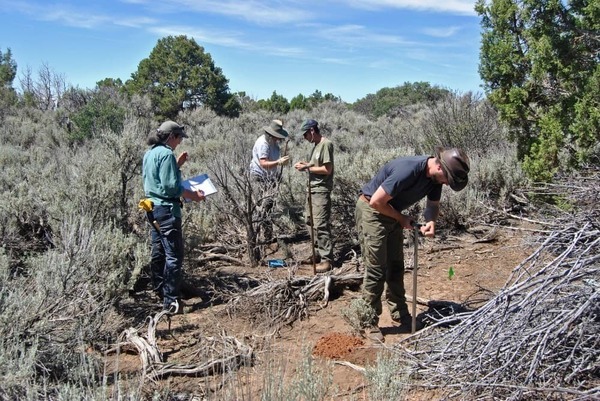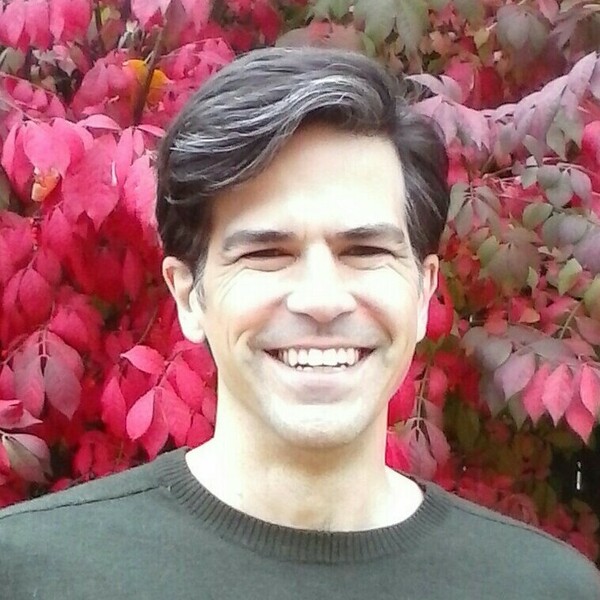Environment and Culture

Notre Dame’s Department of Anthropology is a leader in examining how humans and the environment interact, resulting in mutual transformation. We use a four-field approach to better understand the ways in which humans use culture to buffer against and remain resilient to environmental shifts, while also trying to understand how culture changes and is changed by the environment. Our archaeologists and cultural anthropologists write and teach about environmental justice, traditional ecological knowledge, indigenous science, and human-animal (multispecies) interactions. These approaches help us describe how places and landscapes come into being through narratives and actions. We contribute to pressing conversations about the role resources and landscapes play in conflict and peace and about food systems, as they are affected by and affect the greater environment. Our work has deep intersections with sustainability, to which anthropology is foundational. For example, our faculty work to uncover the ways humans are responding to the pressures of climate change both socially and biologically. We explore how people are altering their behavior to mitigate the effects of climate change and how their identities and social worlds are affected by climate and landscape shifts. Our integrative anthropological approach to human-environment interactions is critical for developing effective, yet sustainable, resilience strategies in our rapidly changing and ever more environmentally extreme world. Overall our approach is to analyze complex systems, which are always simultaneously part of the physical environment, influenced by our biology and health, and shaped by cultural and social systems. The holistic approach that we provide affords tools for thinking about such complex interactions.
Faculty
-

Aaron Michka, C.S.C.
Assistant Professor
-

Aidan Seale-Feldman
Assistant Professor
-

Cara Ocobock
Associate Professor
-

Catherine Bolten
Professor of Anthropology and Peace Studies
-

Christopher Ball
Associate Professor
-

Donna Glowacki
Associate Professor
-

Eric Haanstad
Associate Professor of the Practice
-

Kristine Joy Chua
Assistant Professor
-

Mark Golitko
Assistant Professor
-

Mark Schurr
Professor
-

Meredith S. Chesson
Professor
-

Rahul Oka
Associate Research Professor
-

Susan D. Blum
Professor